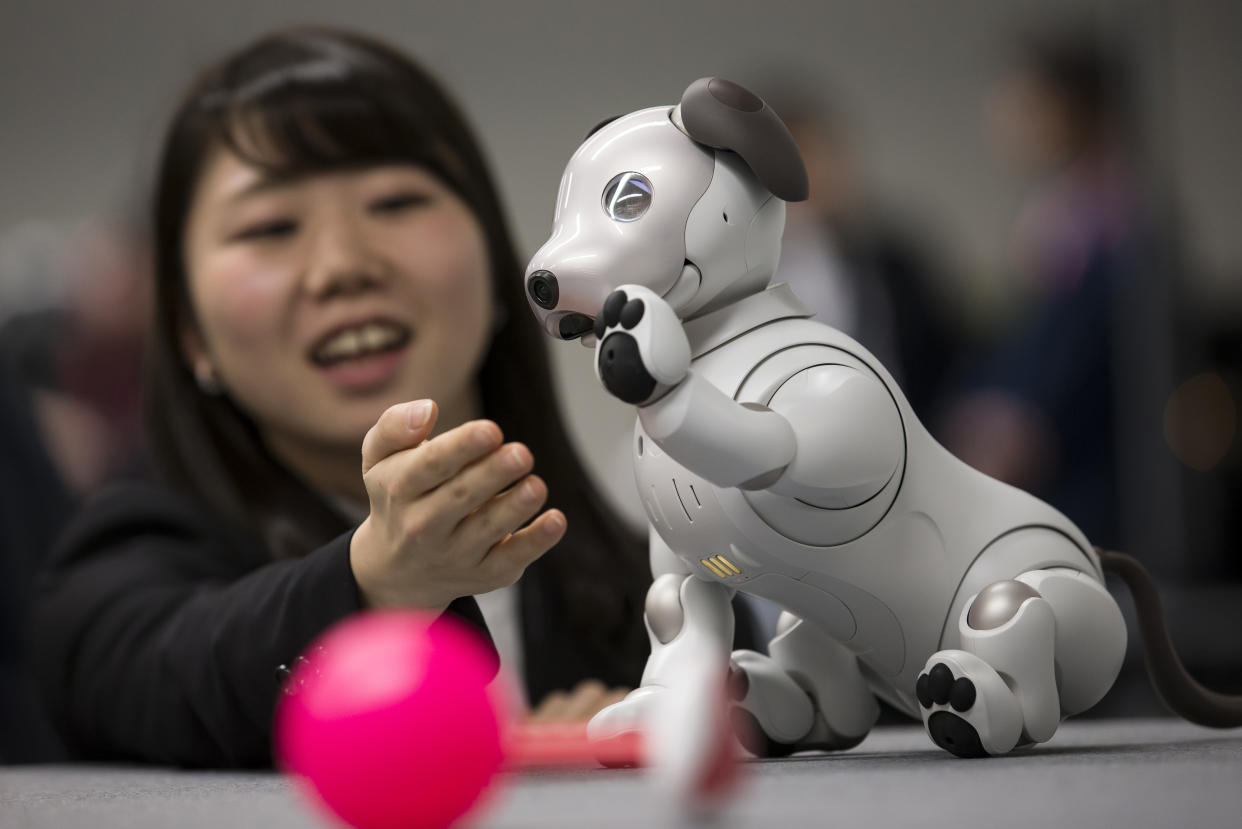The biggest misconception about artificial intelligence

Artificial intelligence is perhaps the most hyped yet misunderstood field of study today.
IBM Research Vice President of AI Science Alexander Gray addressed the illusory nature of AI on Friday at Massachusetts Institute of Technology’s 20th annual Venture Capital and Innovation Conference.
“The biggest misconception is that we have it. I wouldn’t even call it AI. I would say it’s right to call the field AI, we’re pursuing AI, but we don’t have it yet,” he said.
As an expert who has spent his career deeply entrenched in AI, having founded machine-learning software company Skytree, and teaching computing at George Institute of Technology, Gray says at present, humans are still sorely needed.
“No matter how you look at it, there’s a lot of handcrafting [involved]. We have ever increasingly powerful tools but we haven’t made the leap yet,” he added.
Whether it’s Google’s computer program AlphaGo or Sophia the so-called humanoid robot, the technological hurdles of robots to replace humans is coming, but it’s definitely not now.
According to Gray, we’re only seeing “human-level performance” for narrowly defined tasks. Most machine learning-based algorithms have to analyze thousands of examples, and haven’t achieved the idea of one-shot or few-shot learnings.
“Once you go slightly beyond that data set and it looks different. Humans win. There will always be things that humans can do that AI can’t do. You still need human data scientists to do the data preparation part — lots of blood and guts stuff that requires open domain knowledge about the world,” he said.
Tech’s exponential growth
Referencing futurist Ray Kurzweil’s law of accelerating returns, Gray said while we may not be experiencing the full effects of AI yet, it’s going to happen a lot faster than we think — and that’s where the fear comes in.
“Everything moves on an exponential curve. I really do believe that we will start to see entire classes of jobs getting impacted. My fear is that we won’t have the social structures and agreements on what we should do to keep pace with that. I’m not sure if that makes me optimistic or pessimistic,” he noted.
This notion that humans are has-beens is perhaps one of the most falsest ‘truisms,’ echoed Steve Vassallo, partner at early-stage venture firm Foundation Capital.
“What do we need people for? There’s an algorithm for everything. Some of the most interesting startup opportunities in front of us are because of the limits of technology today,” said Vassallo.
And when it comes to who will emerge the winner — whether researchers, academics, big tech companies or upstarts — design will play a much more important role than the technology itself.
“Technical leaps are not the answer. Or they can’t be your only thing. It’ll be hard to maintain that edge. It’s going to be about stuff that humans don’t do very well — more about delivery, convenience, nicer packaging,” said Gray.
Melody Hahm is a senior writer at Yahoo Finance, covering entrepreneurship, technology and real estate. Follow her on Twitter @melodyhahm.

